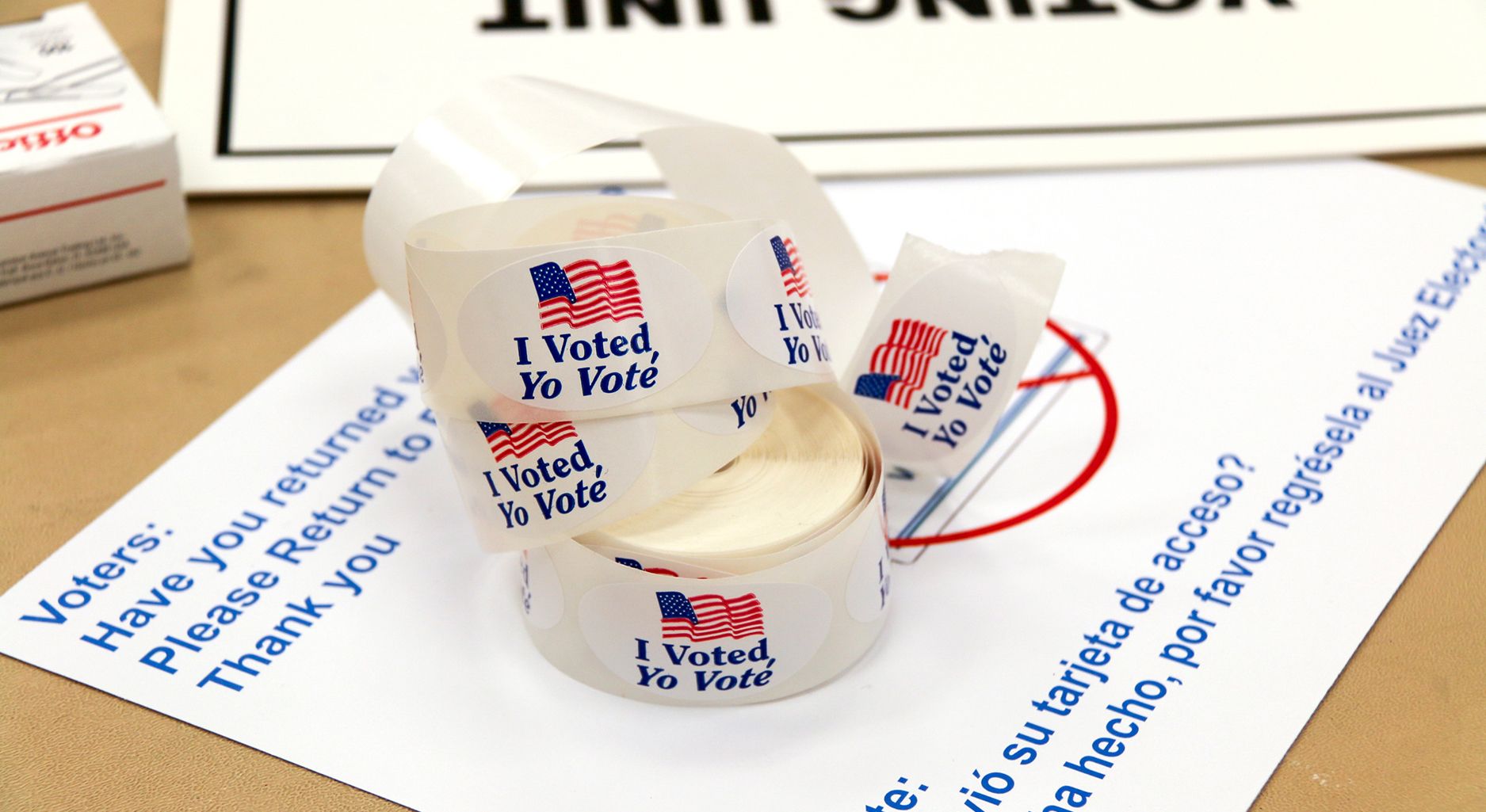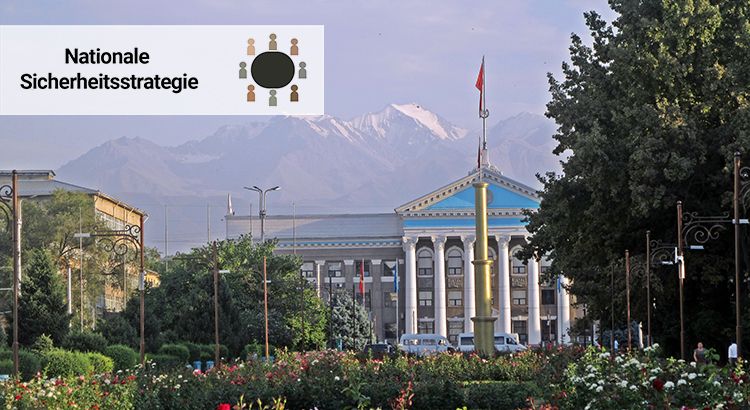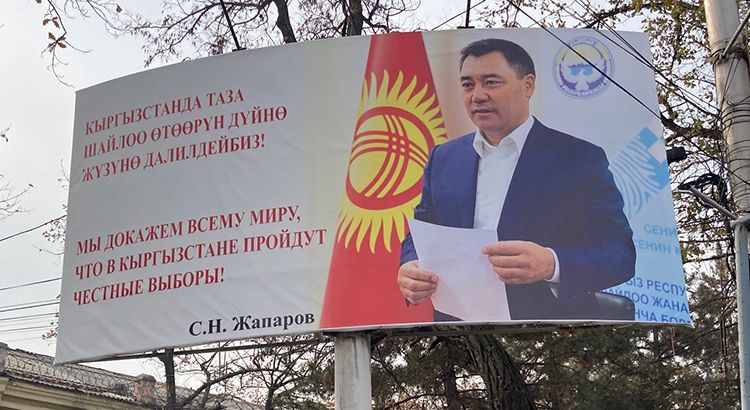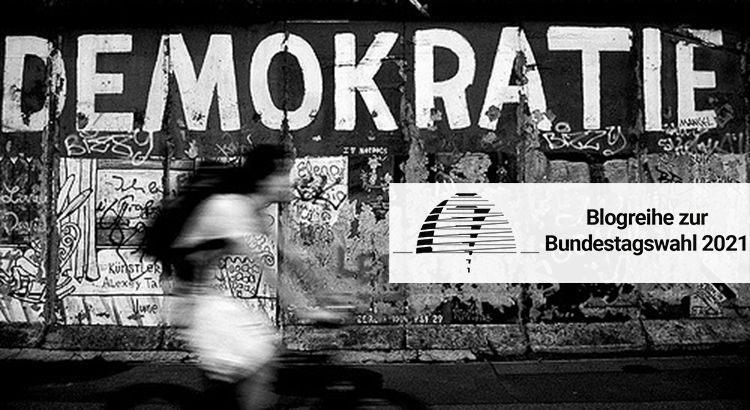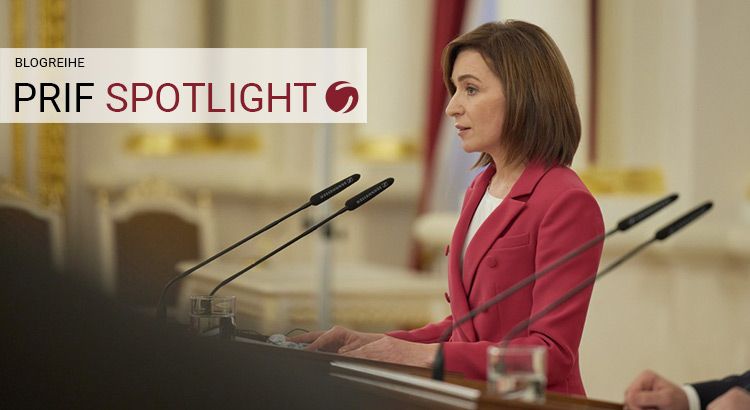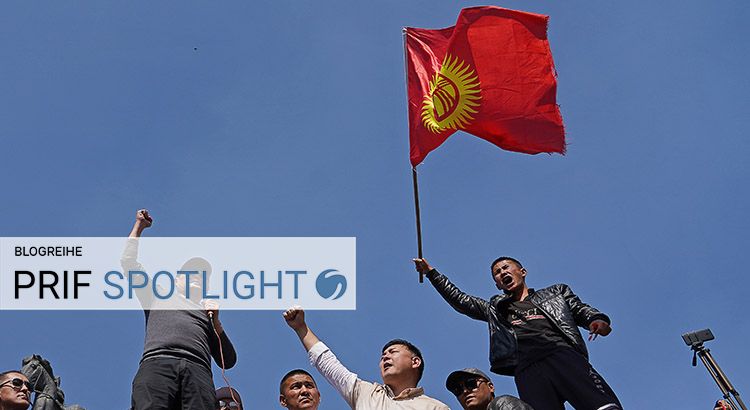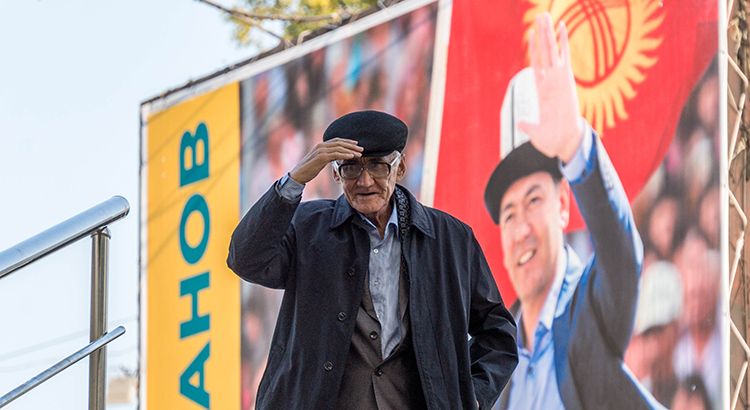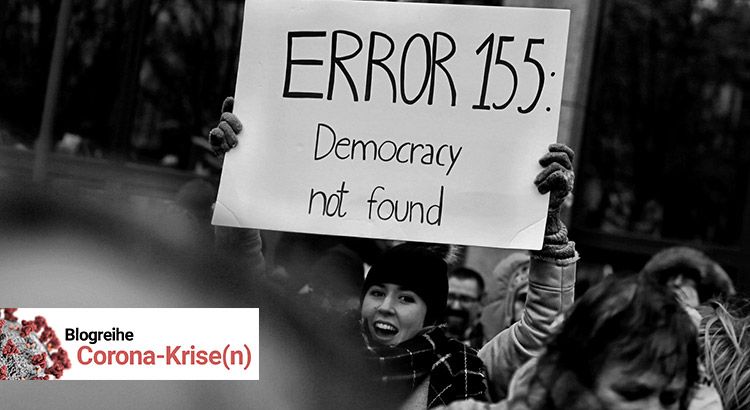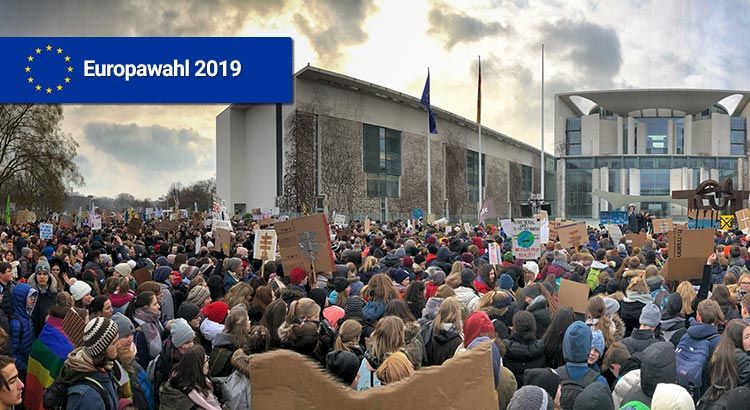Author: Rebecca Wagner
Rebecca Wagner ist assoziierte Forscherin im Programmbereich Innerstaatliche Konflikte. Sie hat ihre Promotion zur Handlungsfähigkeit von Zivilgesellschaft in Autokratisierungsprozessen im Kontext von Wahlen 2024 abgeschlossen. / Rebecca Wagner is an Associate Fellow at PRIF’s Research Department Intrastate Conflicts. Her PhD focused on resilience of civil society in face of shrinking civic spaces at elections. | Twitter: @rebewagner
The upcoming US presidential elections will serve as a stress test for election administration. Election denialism, (violent) threats and harassment, and concerns about foreign influence have shaped previous electoral environments. The 2022 midterm elections provided insights into the resilience of the electoral process and the state of implementation of a substantial new legislative package that was introduced after the 2020 presidential elections. While some challenges remain, the electoral infrastructure is ready to face Donald Trump’s potential claims of vote rigging and election denial.
Die Republik Kirgistan im Prozess der Autokratisierung: Steinmeiers Reise nach Zentralasien im Kontext nationaler Prozesse und der deutschen Sicherheitsstrategie
Bundespräsident Frank Walter Steinmeier befindet sich auf einer Reise durch Zentralasien und besucht neben Kasachstan auch die Republik Kirgistan. Vor dem Hintergrund weitreichender Einschränkungen und Restriktionen gegen die Zivilgesellschaft und Menschenrechtsaktivistinnen bietet diese Reise die Gelegenheit, sich im Sinne der neu verabschiedeten Nationalen Sicherheitsstrategie für eine Partnerschaft zwischen Deutschland und der Kirgisischen Republik unter Wahrung der Menschenrechte auszusprechen.
Die Parlamentswahlen in Kirgistan: Ein weiteres wichtiges Puzzlestück im erneuten Autokratisierungsprozess?
Am 28. November 2021 wird die kirgisische Bevölkerung über ein neues Parlament abstimmen. Seit den letzten politischen Unruhen nach den Parlamentswahlen im Oktober 2020 befindet sich die Republik in einem politischen und sozialen Umbruch. Eine neue Verfassung und ein neues Wahlsystem wurden verabschiedet, mehr als 400 Gesetze werden einer Revision unterzogen und die Zivilgesellschaft und Opposition stehen verstärkt unter Druck.
Deutsche Demokratieförderpolitik in einer multipolaren Welt: Parteipolitische Perspektiven vor der Bundestagswahl
Ob in Brasilien oder Indien, in den USA, Tunesien oder Ungarn – selten seit dem Ende des Kalten Kriegs schien die Demokratie rund um den Globus so gefährdet wie heute. Aber wie lässt sich der gegenwärtige globale Trend der Entdemokratisierung bremsen oder gar umdrehen? Was können demokratische Staaten wie Deutschland tun, um demokratische Institutionen und Prozesse weltweit zu schützen und zu fördern? Und wie sollte sich die zukünftige Bundesregierung gegenüber der US-Initiative für ein neues Bündnis der Demokratien einerseits, dem wachsenden Einfluss des autokratischen Chinas auf der anderen Seite verhalten? Dieser Blogbeitrag vergleicht die Positionen der in Fraktionsstärke im Bundestag vertretenen Parteien.
Breaking the vicious circle: Can the new Moldovan president Sandu succeed in balancing relations with the EU and Russia?
For the first time in its history, the Republic of Moldova has voted for an openly pro-Western president. Despite facing domestic and international difficulties, the newly elected Moldovan head of state Maia Sandu could manage to solve dire economic problems at home, while securing the support of both Russia and the European Union. This could have longstanding consequences for both the country itself and for all the other states of the common EU-Russian neighborhood.
At a Crossroads. Kyrgyzstan after the recent elections
Following its parliamentary elections in October 2020, Kyrgyzstan found itself facing post-election protests and a political crisis which resulted in a new political landscape. On 10 January 2021, Kyrgyz citizens voted for a new president and a fast-tracked constitutional reform to return to a presidential system. Although the protests in October 2020 resulted in political turnover, their momentum is currently being used to concentrate power in the hands of the president. Autocratic tendencies, corruption scandals, and socioeconomic grievances, which were further aggravated by the Covid-19 pandemic, have marked recent developments in Kyrgyzstan.
Kyrgyzstan Before the Presidential Elections
Kyrgyz citizens will vote for a new president on 10 January 2021. Protests have caused the annulation of the parliamentary elections of 04th October 2020 which resulted in a series of high-ranked officials’ resignations and the third ouster of a president in the country’s recent history. Since then, the political landscape is changing quickly. Recent developments, including an initiated constitutional reform process, cast doubts on the future democratic path of Kyrgyzstan.
Internal Threats to EU’s External Democracy Support in Times of a Pandemic – Can the New EU Council Conclusions on Democracy still Kick-off?
In the course of the worldwide outbreak of the coronavirus pandemic, governments in Europe and across the world have called for states of emergency and restricted individual freedoms of their citizens in order to #FlattenTheCurve. While many citizens support the governmental initiatives, concerns about their implications on the state of democracy are growing stronger. Some fear that the coronavirus crisis will end in a crisis of democracy. Worldwide, democratic standards have been challenged long before the pandemic started. First analyses show that the current health crisis speeds this tendency up. In particular, the erosion of civic freedoms for the sake of handling the global health crisis appears to accelerate. While most governmental measures seem to be appropriate, others provide the impression that the coronavirus crisis is used to further erode internal checks and balances. Just recently, the European Union (EU) has adopted new Council Conclusions on Democracy aiming to address this global tendency. While they mainly address the external dimension, internal threats to democracy are not to be neglected. What value has such a strategy in times of a global pandemic?
#Fridays4Future und die Europawahlen: Politikverdrossenheit sieht anders aus
Die Klimademonstrationen #Fridays4Future zeigen ein unterschiedliches Problembewusstsein zwischen der jungen Generation und gegenwärtigen Generation von Politikerinnen auf. Die Europawahlen am 20.Mai 2019 stehen nun im Mittelpunkt. Vor den letzten Europawahlen 2014 hat fast ein Drittel der jungen Wählerinnen und Wähler ihre Wahlentscheidung kurz vor oder sogar am Wahltag getroffen. Die angekündigten globalen Klimademonstrationen am 24. Mai könnten das Wahlergebnis beeinflussen – aber weniger die Unterrepräsentation der jungen Menschen in der Politik.
